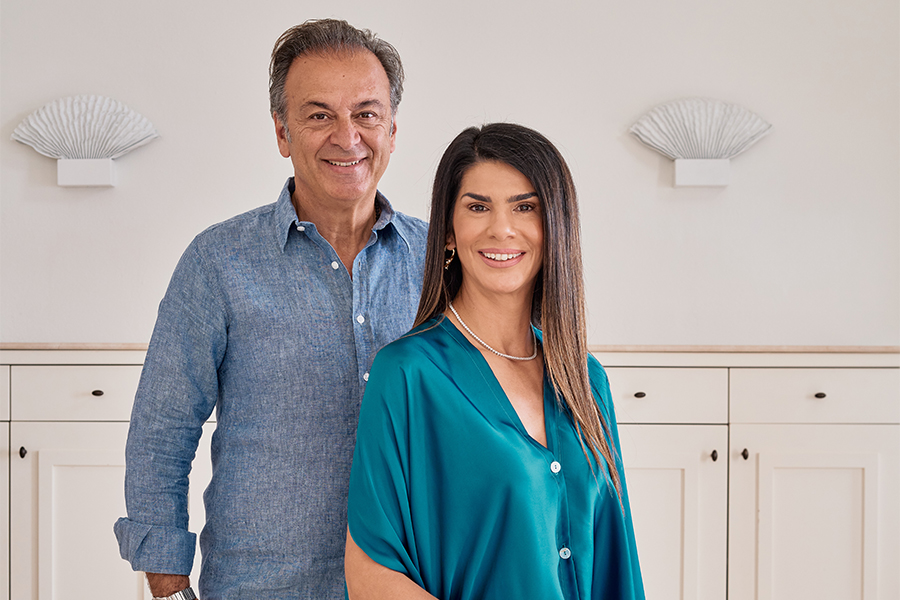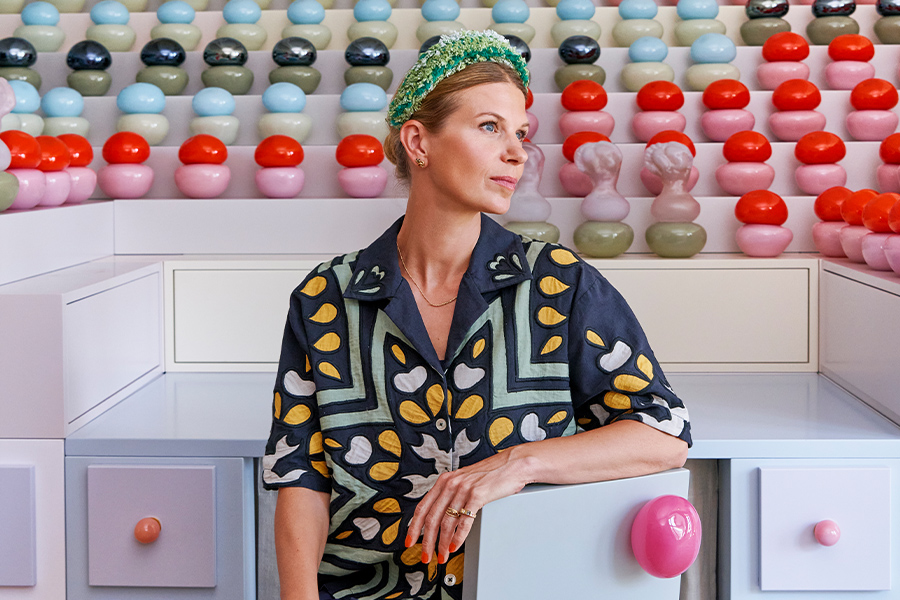At the age of 18, Liz Powers was flipping pancakes at a homeless shelter in Boston’s Harvard Square as a volunteer. Two degrees—a bachelor’s from Harvard and a master’s at the University of Edinburgh—and one decade later, she’s still working with the underprivileged, citing a desire to “get to know individuals experiencing homelessness a little better.” She started with volunteer social work, eventually running art groups in shelters, where the “amazing talent” on display gave her an idea, she explains.
With more than a thousand existing art groups in shelters and social service agencies across the country, Powers thought, “Why not create a marketplace to work with?” In 2013, she and her brother Spencer pulled their savings together (a mere $4,000) and founded ArtLifting, an online marketplace that celebrates and sells artwork from artists who are homeless or living with disabilities. The goal is simple: “to curate the top art from all those existing art groups [in shelters] and help create jobs and create confidence,” she says.
With artists receiving 55 percent of the profit from their sold works, ArtLifting at its core is about giving back. “We see ourselves as supporting individuals that feel invisible a lot of the time, and it’s incredibly fulfilling because we’re just the bridge. It’s not us with the talent, it’s the artist, we’re just helping it be seen by a much wider audience,” she explains.
Without “the luxury of being able to go to fancy art schools,” she says, the artists display talents across a wide range of mediums, from the more realistic to the abstract. “[They] simply have raw talent,” Powers explains. “There’s a whole field of outsider art that we fall within,” and out of that comes “so much creativity and so much energy.”
ArtLifting has worked with more than 80 corporations across the U.S., including a partnership with mattress company Leesa to sell limited-edition mattresses with the company’s art sewn into them, as well as with hotels like the Ames Boston Hotel (recently redesigned by New York’s Glen and Company) and soon in Joie De Vivre’s Kabuki Hotel (from Brooklyn, New York-based MARKZEFF) in San Francisco. “In particular, [we’re] such a good fit for hotels and restaurants because it’s a place where people care so deeply about what’s on the wall,” she says.
For Powers (the company’s official chief happiness spreader), there’s a common theme that has come from the people she’s helped, setting the tone for her entire career. “Over the last 10 years, I’ve heard repeatedly, ‘Liz, I don’t want a handout, I want an opportunity,’ and that really stuck with me.”
artlifting.com


